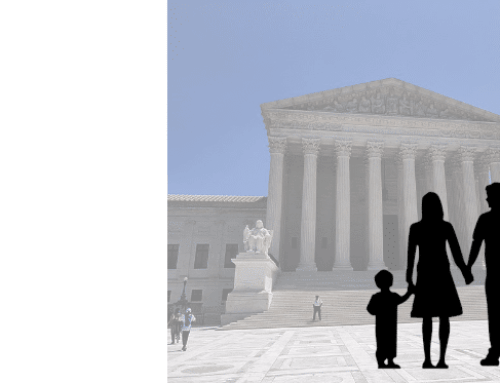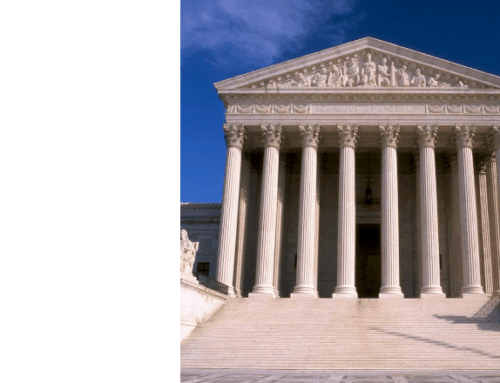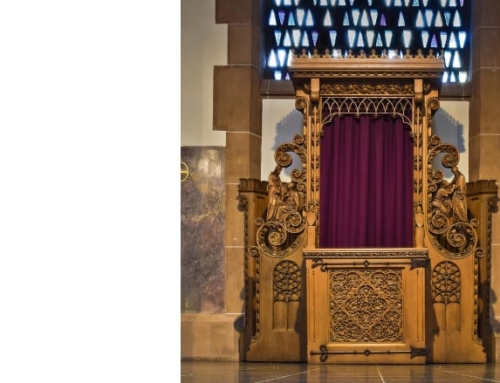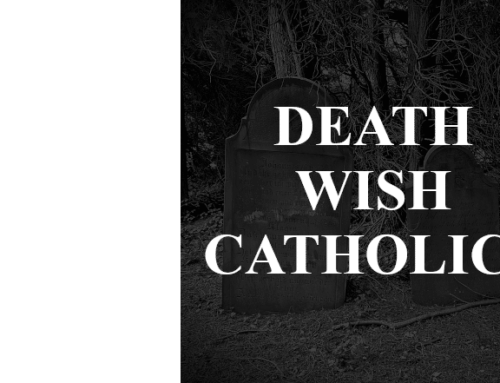Catholic League president Bill Donohue comments on a GQ magazine interview with Kanye West:
Rapper Kanye West announced last October that he is a convert to Christianity. His album, “Jesus Is King,” made it to the top of the charts and he is currently working on a follow-up. Now on the cover of the May edition of GQ, he sat for a four-part interview with the magazine’s editor-in-chief, Will Welch.
West startled Welch, and will no doubt startle many readers. His penchant for busting stereotypes is on full display, hitting on race, religion, Hollywood, the media, and politics. Indeed, he has become quite the iconoclast.
Christians had every right to be skeptical of West when he said he had turned the corner and discovered Jesus. After all, this is a man who lived on the wild side. He was also disrespectful. In 2006 he appeared on the cover of Rolling Stone wearing a crown of thorns with “blood” streaming down his face; I criticized him for this stunt.
In 2013, I criticized him again when he kicked off his “Yeezus” tour in Seattle. “His performance also included a Virgin Mary, incense, a crucifix, etc. all trotted out to make a Catholic statement. That it was not exactly reverential is obvious.”
Now, however, there is reason to believe that West has turned the corner. He came across reflective and sincere in the GQ interview.
“I definitely think there’s an alter ego. And definitely Christ altered my ego (original italic).” He says he has given his life to Christ, crediting Jesus as his “anchor.” “I’m definitely born again.” He recognizes that there are those who have done things “with the word of Christ that were bad,” but, he hastens to add, “That’s not going to stop my love for Christ. I’m going to keep on expressing what God has done for my life.”
Jesus, West says, has been a source of “healing,” noting that his succumbing to alcohol—he wound up drinking Grey Goose in the morning—was the work of the devil. He began rebounding the day he said, “Devil, you’re not going to beat me today.” He hasn’t had a drink since.
West has a keen understanding of the importance of religion. Perhaps reflecting on the Hollywood milieu, he said, “when you’re not in service to God, you can end up being in service to everything else.” That is certainly true of many in the entertainment world. Tinseltown is known for alcoholism, drugs, promiscuity, and high rates of depression and suicide.
West takes umbrage at those who claim Christianity is “judgmental.” “They think that all of a sudden you believe in Christ, so we’re not even supposed to speak up. And if we speak up, people will say, ‘Oh, you’re being judgmental.'”
His interviewer is clearly in the secular camp. For example, Welch opines that he sees religious institutions as “systems of control,” and asks his subject to respond. West floored him. “You know, I see opportunity for creativity inside our faith.”
To a secularist, this is unintelligible, but to the faithful it makes perfect sense. Truly creative people are always disciplined, otherwise what they produce is random and hollow. Christianity may be restrictive, but it is a healthy tonic. It is not restraint that levels people—it is the abandonment of it.
West, ever countercultural, says the penchant for control in society is extant, but its source is not Christianity. “Black people are controlled by emotions through the media. The media puts musicians, artists, celebrities, actors in a position to be the face of the race….” West, who has warmed to Trump, also resents the kind of control that dictates how blacks should vote, saying, “I will not be told who I’m gonna vote on because of my color.”
Perhaps the most surprisingly astute observation West made—it is shared by many devout Catholics and evangelicals—is his comment on surrender. “Now all the energy and that creativity that I have channeled and put on track comes from me surrendering to God and saying that everything is in God’s will.” That is the voice of a mature Christian.
Kanye West is his own man. He is also a man at home with the Creator. He should be welcomed, not disparaged, for going against the grain of the dominant culture.







